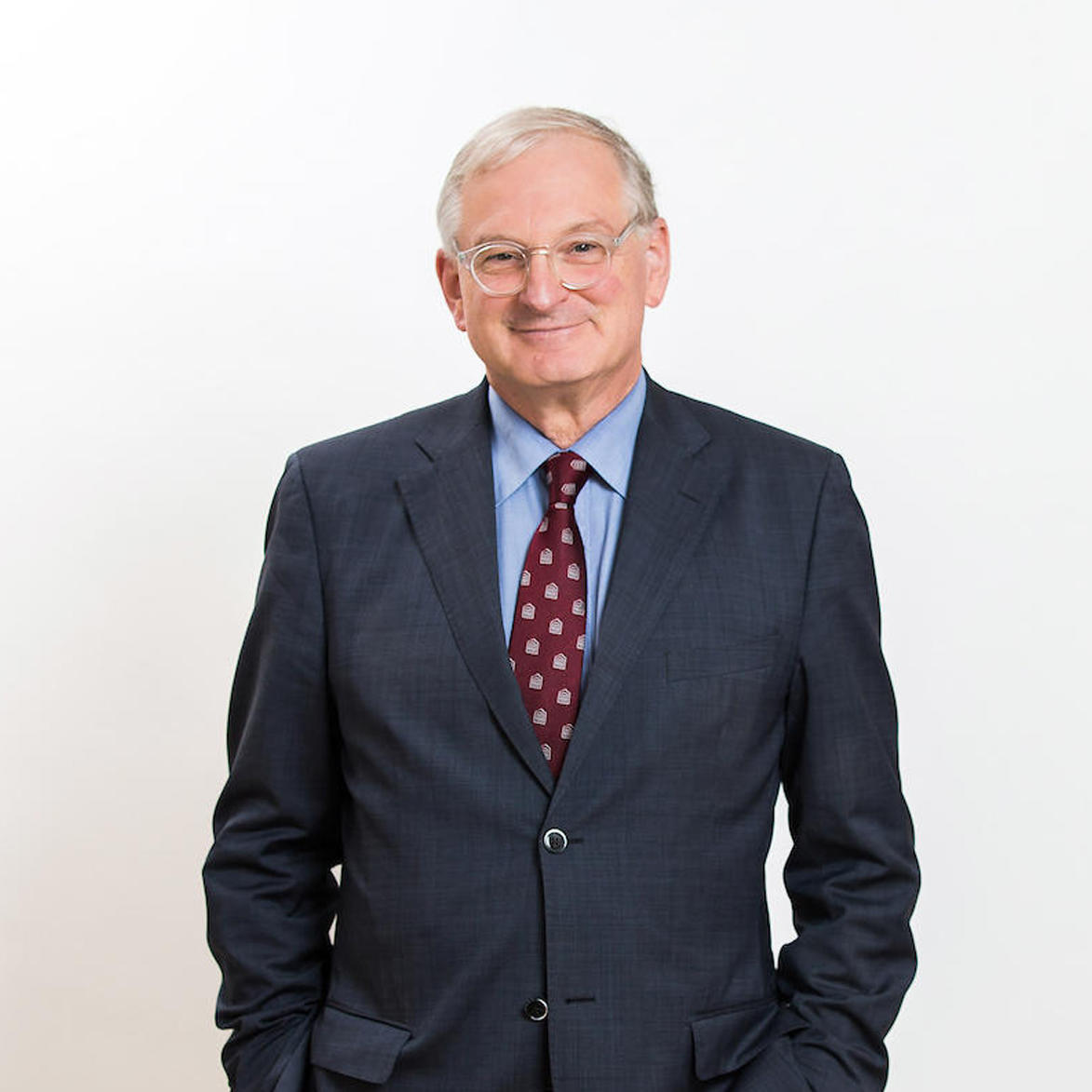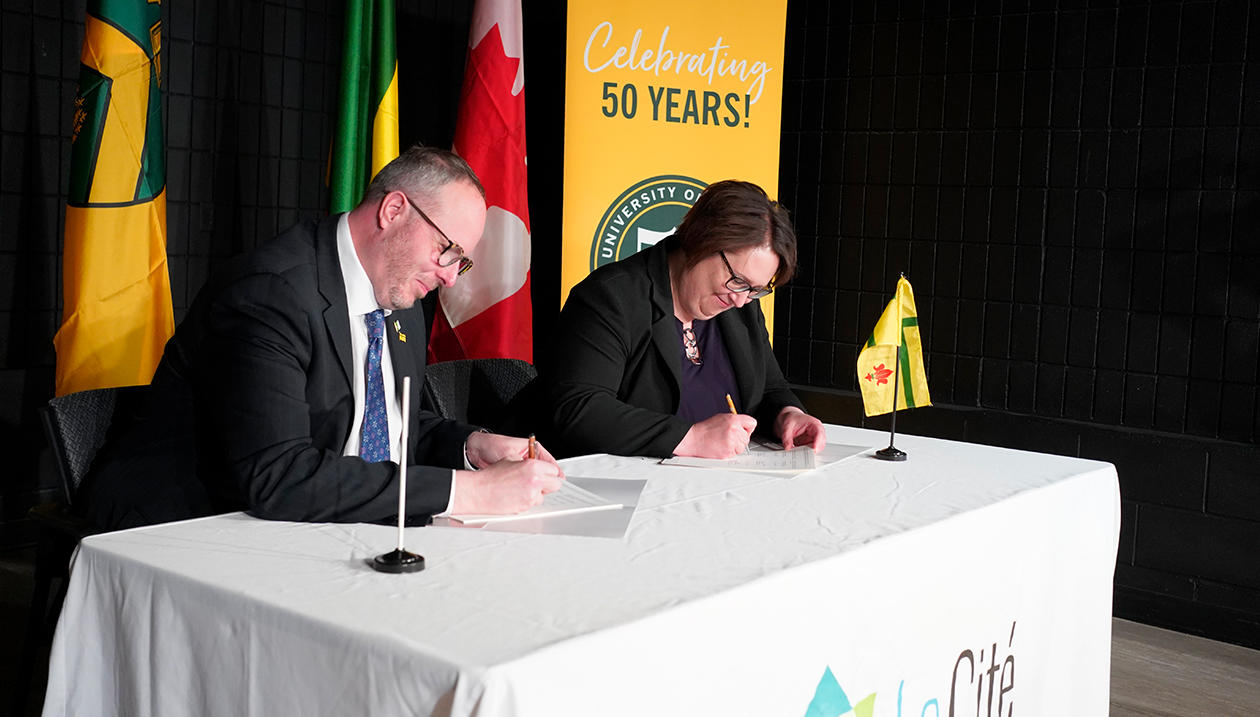This month, the two universities signed a memorandum of agreement to expand access to French-language post-secondary education in Saskatchewan. This action represents a turning point in meeting the needs of the Fransaskois community.
A shared vision of the future
The two universities share a clear goal: to offer French-language programs locally that support vital francophone and francophile communities. Specifically, the agreement lays the foundation to explore the creation of new university pathways based on current University of Ottawa offerings, consolidated joint administrative support and a co-ordinated appeal to governments to improve educational offerings in French.
“As the biggest francophone university in a minority setting, with a large selection of academic programs in French in all areas of knowledge, the University of Ottawa seeks to support other francophone communities outside Ontario as much as possible to ensure French-language university education. The agreement is part of a longstanding relationship with La Cité universitaire, the University of Regina’s francophone campus. It’s a testament to our commitment to enhance the vitality of minority francophone communities, while encouraging the spread of education in French across the country,” says Jacques Frémont, uOttawa president and vice-chancellor.

“The University of Ottawa seeks to support other francophone communities outside Ontario as much as possible to ensure French-language university education.”
Jacques Frémont
— uOttawa president and vice-chancellor
The goal is clear: to allow francophone students to continue their studies without having to leave their communities. The agreement offers a long-term response to the challenges of retaining young francophones and of low course enrolment, based on common pathways and online courses co-ordinated by the two universities.
Governance ‘by and for’ francophones
This agreement adheres to the key “by and for” principle. It comes alongside the transition of the francophone Cité universitaire towards self-governance, rooted in the community it serves. It goes beyond mere collaboration and represents a concrete national commitment towards linguistic justice, regional equity and community sustainability.
“This agreement clearly shows what we can accomplish together when we orient our work towards the needs and realities of francophone learners in minority settings,” says Yves Pelletier, associate vice-president, francophonie, at uOttawa.

“This agreement clearly shows what we can accomplish together when we orient our work towards the needs and realities of francophone learners in minority settings.”
Yves Pelletier
— associate vice-president, francophonie, at uOttawa
This partnership is part of a national effort to reduce unequal access to French-language post-secondary education. It turns into action an inclusive vision in which the French language is a driver of success.
For young francophones in Saskatchewan, it offers assurance that their ambitions can now take root, grow and become reality, and that they can fulfil their dreams of receiving an education without leaving their communities.


